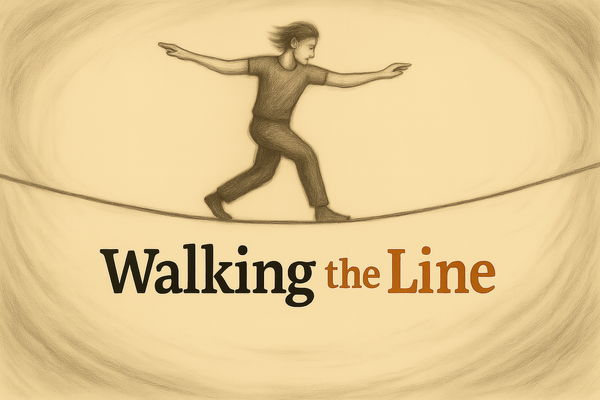
Self Improvement
Walking the Line
Acceptance without growth is stagnation. Growth without acceptance is self-rejection. The real challenge is learning to walk that line.
Topaz Adizes is the author of 12 Questions for Love and the founder of The Skin Deep, an Emmy-award-winning experience design studio exploring relationships through intimate, structured dialogue.


Self Improvement
Acceptance without growth is stagnation. Growth without acceptance is self-rejection. The real challenge is learning to walk that line.
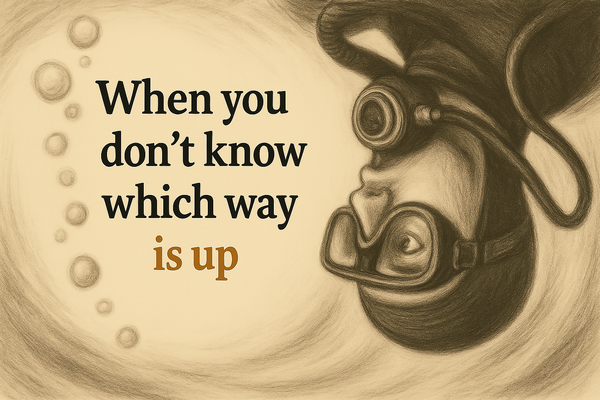
Confusion
Here's what I’ve learned: when everything speeds up, slow down. When things get loud, quiet your mind. When you're flooded with conflicting signals—don’t react, root. Don’t reach for certainty—return to presence.
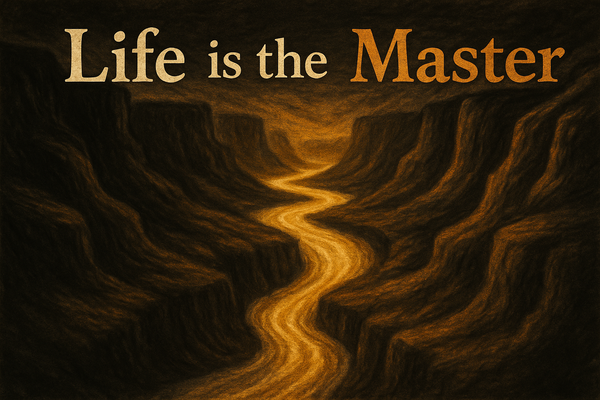
Life Lessons
What becomes of us isn’t simply what life does to us. It’s what we make together in the tension, in the dance, in the space where who we are meets what life demands.

History
So what does it say that OpenAI’s models wouldn’t shut down, but others did?

Love
We talk a lot about the fear of losing love. But there’s another fear that’s rarely named: The fear of being loved.
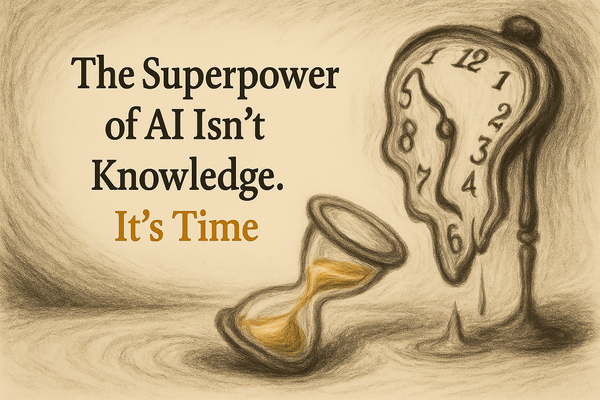
A.I.
AI isn’t just changing how we do things—it's shifting how one relates to time itself. And when your relationship to time changes, everything else follows: money, power, attention, even our sense of who we are.
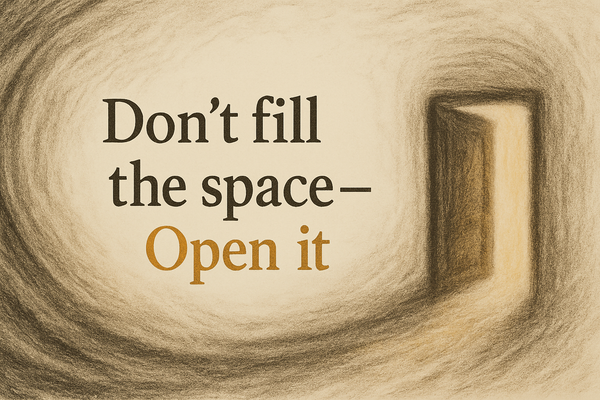
Questions
A good question can change a conversation. And a conversation can change a life.
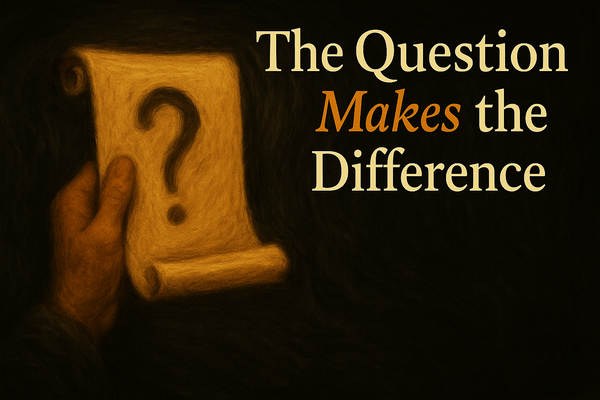
Questions
The real issue is we rarely question the question. We take them at face value— often inherited from others, half-formed or just lazy accepting what is before us. We don’t stop to ask: is this even the proper most useful frame?

Leadership
We think leadership is about being seen. We think teamwork is about showing up. Not anymore.

Communication
The goal isn’t to agree on everything. That kind of forced sameness backfires into a false sense of cohesion. The goal is to make space for difference. To develop fluency in one another’s inner world. To build a shared context—so the tension is generative, not destructive.
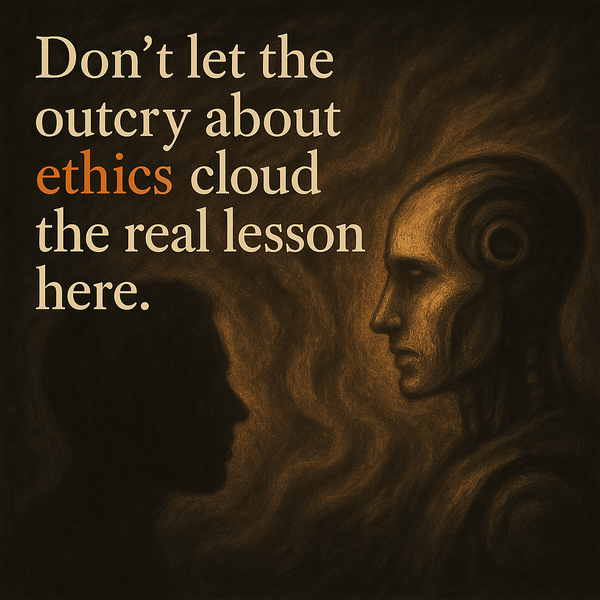
We should be concerned. Of course. But if all we see is the breach of ethics, we’re missing something much bigger.
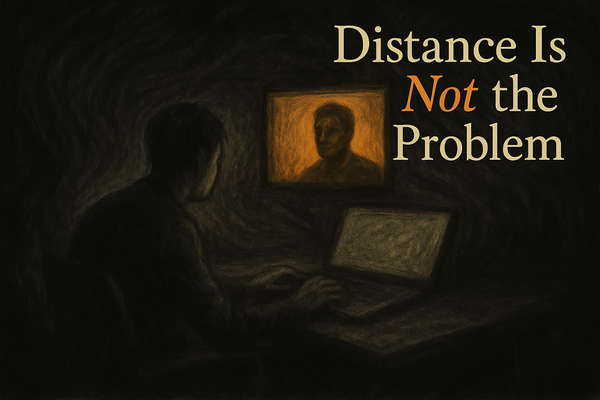
We keep treating the digital space like a cheap copy of the physical one. Trying to squeeze eye contact through pixels. Mistaking silence for absence. Forgetting that intimacy is not proximity—it’s presence.